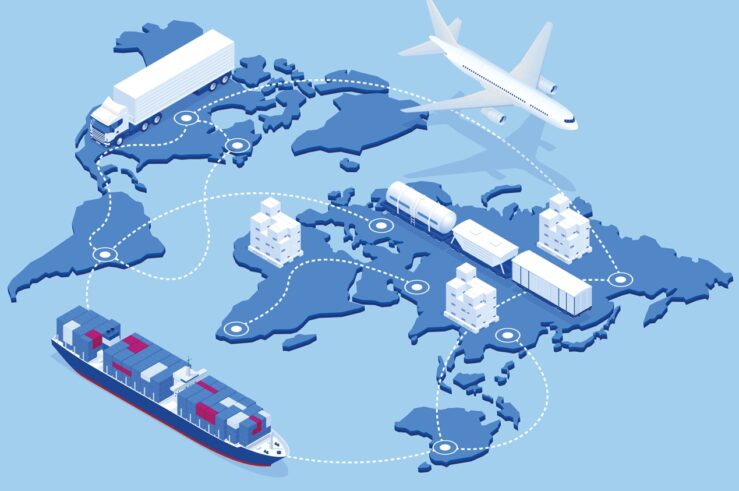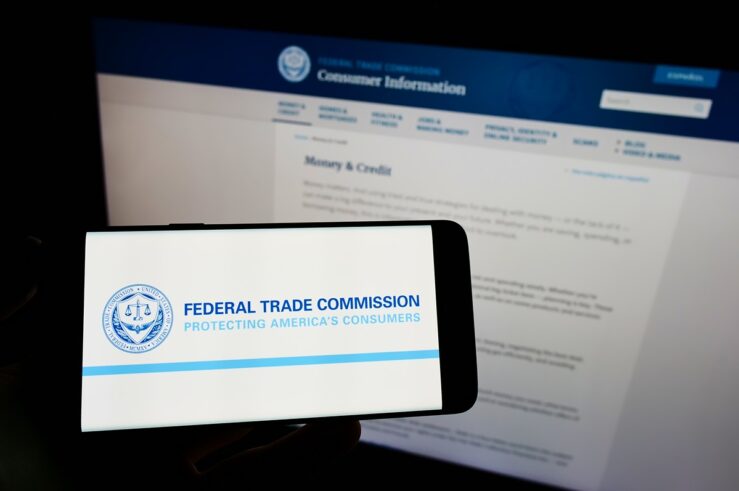Have you ever been tempted to buy a beggar a cup of coffee or a sandwich instead of giving money? If so, you have, like a young Anakin Skywalker, taken your first step to the dark side of altruism. Don’t get me wrong, I’ve been there too. The reason I offered food instead of (money for) vodka is because I wanted to “help” the beggar. From my lofty perch (that is, sober, housed, and employed), I wanted to impose my values on him. Like a father choosing broccoli instead of ice cream for his kids, I thought I knew better what was good for the beggar — what he really wanted if only his thought processes were rational.
At some level, this is sensible. If I am paying, either directly in the form of the handout or indirectly in the form of the obvious externalities from the beggar (e.g., crime, stink, etc.), then it makes sense for me to try to reduce these costs.
But the dark side of caring is the perversity of this control. Once we start thinking this way, the creep towards totalitarian nannyism is hard to resist. Once I am paying for your health insurance, I suddenly care a lot whether you get an abortion, have that gender-switching surgery you’ve always wanted, or, most ominously, eat that Big Mac for lunch instead of the salmon salad. In today’s new America, I suddenly really care how much junk food the people making less than $88,000 eat — I pay for every Dorito that crosses their lips. And, for the record, I hate this about me and about New America. (Evidence this is our future comes from the UK, where 75% of people in a recent survey supported greater government control over individuals’ food choices.)
The problems with altruism are well documented. The IMF for years tried to control the internal policies of countries that it bailed out or loaned money to. These attempts were failures, both because the experts don’t always know what they think they know and because the meddling inevitably involves backlash, power grabs, corruption, and so on. (The IMF has abandoned these policies.) This instinct was also a source of the eugenics movement. Once we think of people as cost centers instead of autonomous individuals, the cost-benefit calculations can lead to some disturbing results. German posters from the eugenics era provide a nice example.
The battles ahead for New America are likely to be just as dirty. The battle over abortion in the Stupak Incident is just a preview of what is to come as every interest group wanting to feed at the trough, remake America, press for rights they hold dear, and so on, head for Washington to convince our dear leaders why the rest of the country should or should not pay for their pet project.Whatever the negative impact of me acting as a control freak is on my neighbor the beggar will be dwarfed by the nation as control freak. At the individual level, the control we try to exercise might actually be a good thing. But multiply it by 300 million, centralize it in Washington, and unleash the forces of public choice on it, and watch the beginning of the end of our freedom.




